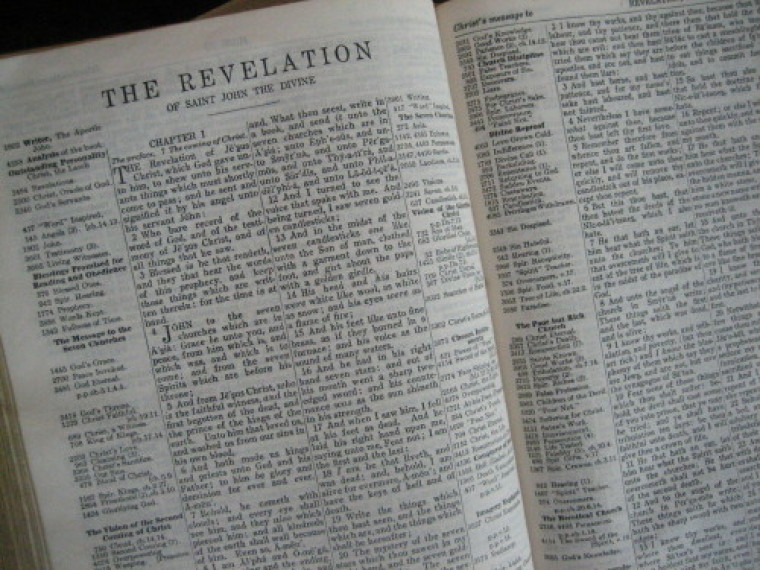
In the early 1970s, Mark Tronson recalls listening to a series of cassette tapes about the Second Coming of Jesus Christ in which the speaker, USA's Hal Lindsay (author of The Late Great Planet Earth), brought a spirited awareness of a 'mystery doctrine', that of Christ's imminent return.
The manner of Lindsay's teaching gave many Christians a sense of urgency in their Christian witnessing. It created a snowballing effect. For example,, Mark Tronson recounts that he spoke to a friend about Jesus' return, and this young man began his own search in the Scriptures, culminating in his own conversion as a follower of Christ, and later became a lawyer.
Theologically, in M V Tronson's view, these explanations and interpretations fittled in very neatly to a 'more generous expression of mystical issues', which he believes offered a kind of validity to the 'Charismatic Movement'. One of their expressions of their Christian faith is through lively worship and another expressed itself as speaking in tongues.
Bible teachers such as Hal Lindsay, in Mark Tronson's view, provided an 'additional impetus' to this movement, which had started gaining greater momentum within the traditional western style of worship since the 1950s.
http://en.wikipedia.org/wiki/Charismatic_Movement
The term "Charismatic Movement" is sometimes confused with the term "charismatic" as this word is an umbrella term used to describe those Christians who believe that the manifestations of the Holy Spirit seen in the first century Christian church such as miracles, prophecy and glossolalia (speaking in other tongues or languages), are available to contemporary Christians and may be experienced and practised today. It is derived from the Greek word χάÏισμα ("gift," itself derived from χάÏιÏ', "grace" or "favor") evidenced in 1 Corinthians 12-14.
The term, "Charismatic Movement," expresses the arrival of spiritual gifts in the historic mainline denominations.
So Mark Tronson asks this question: What might Hal Lindsay's (and others in his genre) method of interpreting the Scriptures teach us about the End Times? The Revelation's apocalyptic language and the messages of Daniel and 2 Thessalonians 2, have created diverse opinions.
One way forward is to list what Jesus said of the "Not Yet". Every generation asks about the "Now and Not Yet".
When one reads The Revelation, says Mark Tronson, it is never with the idea that the Apostle John told the pastors of the first century, that what he wrote would not apply until the twenty first century.
It would therefore be reasonable to assume that the audience would have thought the 'End Days' would come in their lifetime, or that of their children. It was an immediate event, not a distant one.
When we read these Scriptures today, it is likewise, and it is also reasonable to take Jesus words in Matthew 24 at face value when he speaks of the 'Not Yet'. This is the strength of the 'Lindsay genre' in Bible teaching methodologies.
Matthew 24 says: "And you will hear of wars and rumours of wars. See that you are not alarmed, for this must take place, but the end is not yet."
If Jesus' prediction that, 'not one stone' of the magnificent Jerusalem temple would stand upon another, proved to be absolutely correct, so too, we can have confidence in Jesus' 'End Times' statements. One would be on sticky ground if you suggested one statement of Jesus is true and correct, but another statement cannot be so.
There are many references to 'Not Yet' passages in the Bible – and there are also many Biblical warnings regarding ignoring the 'End Times'.
